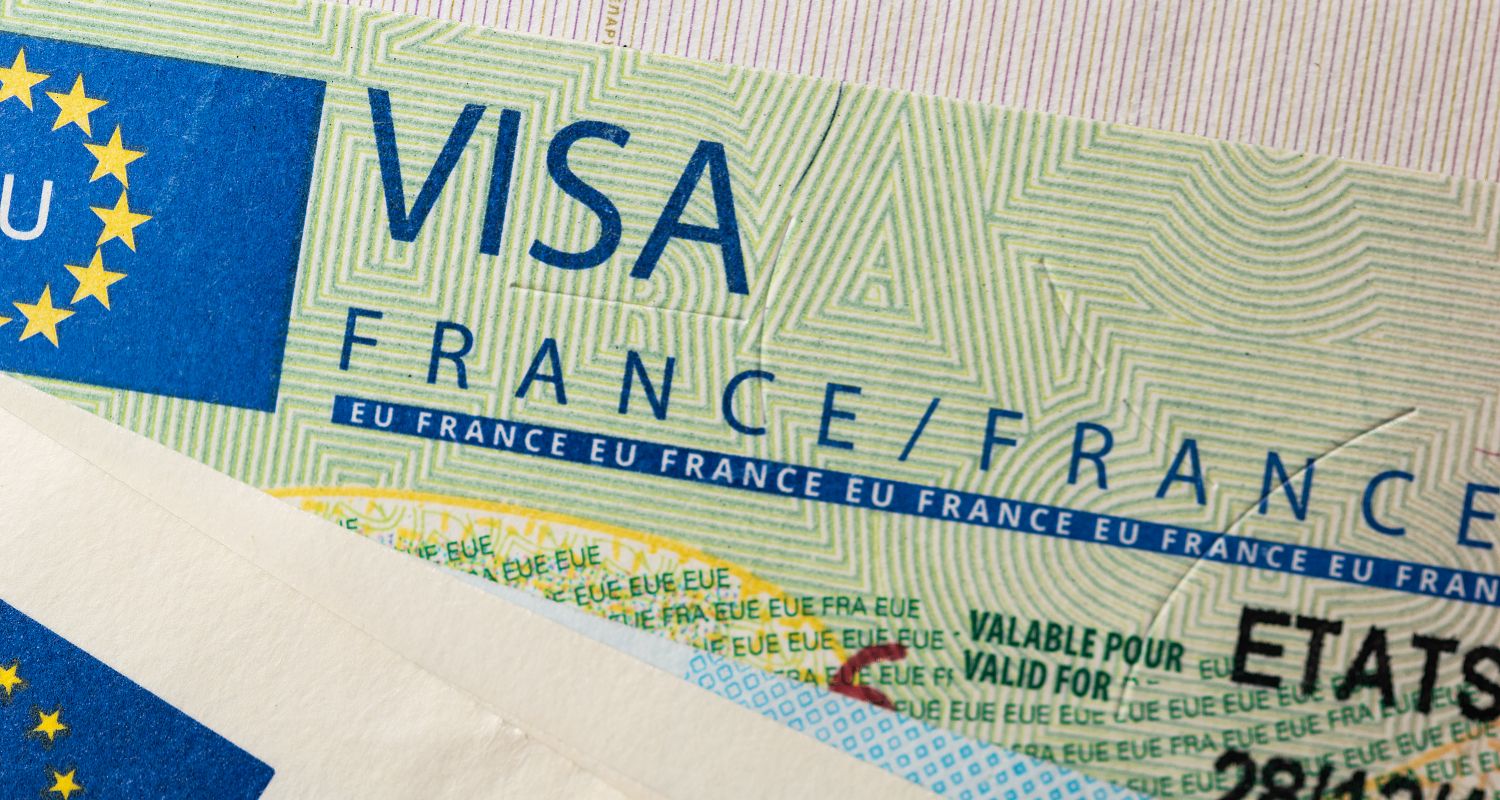With so many Freedoms, Liberties, Independences, etc. (all “of the Seas”, of course) it is easy to get lost.
Quick, name the line about to launch a ship called the Eurodam.
If you’ve cruised at all, you surely know the answer: Holland America. The company is famous for names ending in “dam” — a century-old tradition that has made its vessels instantly recognizable.
Now how about the Independence of the Seas, which makes its debut in May?
That’s right, Royal Caribbean. With the launch, the line will have a record 22 ships sailing with a name ending in its long-used “of the Seas” phrase.
Some lines are brilliant at coming up with memorable names. Others, well …
“I find it inexplicably weird that cruise lines can’t be more creative,” says industry watcher Carolyn Spencer Brown, editor of Cruisecritic.com.
The fast-growing cruise industry has launched dozens of ships in recent years, and dozens more are on order. That makes a catchy name all the more crucial to stand out from the crowd. But as the number of ships grows, finding a winner seems to be getting tougher.
As Spencer Brown points out, the latest crop of names is uninspiring at best. And some lines even are resorting to copying names already in use by others.
Royal Caribbean, for instance, recently launched Liberty of the Seas, just two years after rival Carnival launched its own ship named Liberty. Of course, maybe it was payback for Carnival’s use of the name Legend on a new ship in 2002, seven years after the arrival of Royal Caribbean’s Legend of the Seas.
In fact, Carnival is becoming somewhat of a serial copier. This summer, the line will launch the Carnival Splendor, echoing Royal Caribbean’s Splendour of the Seas. Carnival’s next ships also will ring familiar: Carnival Dream and Carnival Magic feature words already in use by Norwegian and Disney.
“Boy, does it get confusing,” says Spencer Brown, ticking off other names used by multiple lines, such as Dawn, Jewel, Mariner, Navigator, Freedom, Crown and Pride.
Ship historian Peter Knego of maritimematters.com blames corporate branding campaigns for what he says is an era of blandness in ship names. Lines such as Carnival and Norwegian now emphasize their own brand name in ship titles, paired with the most generic, inoffensive words such as Dream or Dawn, he says.
“This (is) a far less interesting way of distinguishing (a) fleet than the old shipping lines,” Knego says.
Indeed, the golden age of ship travel, the first half of the 20th century, was a time of colorful — if sometimes formulaic — names, he says. The legendary White Star Line always ended its ship names in “ic,” — as in Titanic and Olympic. Rival Cunard stuck with names ending in “ia,” such as Aquitania, Britannia and Franconia.
Douglas Ward, author of the Berlitz Complete Guide to Cruising & Cruise Ships, who also is critical of today’s ship names, says the old lines were owned and run by lifelong shipping people who had a flair for tradition and often looked to the sea for names. Today, he says, “many lines are giant corporations devoid of anyone from a shipping background.” It’s naming by marketing committee.
So what makes for a good ship name?
For starters, it has to be easy to remember, Ward says. The Disney Magic is a standout in that regard, he says. And Cunard has struck gold with its three queens: The Queen Elizabeth 2, Queen Mary 2 and Queen Victoria.
But Ward says the best names also fit well with the names of other ships in a fleet. The Celebrity Solstice, launching in December, echoes the celestial theme of Celebrity’s Galaxy, Constellation and Mercury. MSC Cruises has won kudos for musical-themed names such as Lirica, Melody, Musica, Opera, Orchestra and Sinfonia.
Ward says naming a ship is harder than it looks. “Words that may work in one language often don’t work in another,” he says. And some ship names, such as National Geographic Endeavor, simply are too long, he says. Other ship names just don’t fit the image. The small Ocean Majesty, for instance, is far from majestic.
And then there’s the delicate issue of bringing back past names. “Comeback names are tricky because of past connotations,” says Ward. Names such as Bismarck, associated with Nazi Germany, are a minefield. Ditto for Titanic, for obvious reasons.
Like Knego, Ward praises Holland America for sticking to the “dam” tradition (recent launches include the Zuiderdam and Oosterdam). Holland America spokesman Erik Elvejord says that historically, the 135-year-old line used a “dam” suffix for its passenger ships and a “dijk” or “dyk” suffix for cargo ships. The first part of the line’s names traditionally have come from rivers, towns and other geographic areas in Holland, he says.
Holland America, like Cunard, is known for recycling the names of historic ships. The line is particularly fond of the name Rotterdam, which it has bestowed on ships in 1882, 1886, 1897, 1908, 1959 and 1996 (the version that sails today).
The worst names in cruise ship history? The so-called R ships launched by defunct Renaissance Cruises, says Mike Driscoll, editor of industry newsletter Cruise Week. The ships were named R1, R2, R3 and so on — eight in all. The line folded after just a dozen years.
“It sounded like something on an assembly line,” Driscoll says “But fortunately, those names have already been retired.”
usatoday.com
WHAT TO TAKE AWAY FROM THIS ARTICLE:
- Of course, maybe it was payback for Carnival’s use of the name Legend on a new ship in 2002, seven years after the arrival of Royal Caribbean’s Legend of the Seas.
- With the launch, the line will have a record 22 ships sailing with a name ending in its long-used “of the Seas”.
- Indeed, the golden age of ship travel, the first half of the 20th century, was a time of colorful — if sometimes formulaic — names, he says.






















